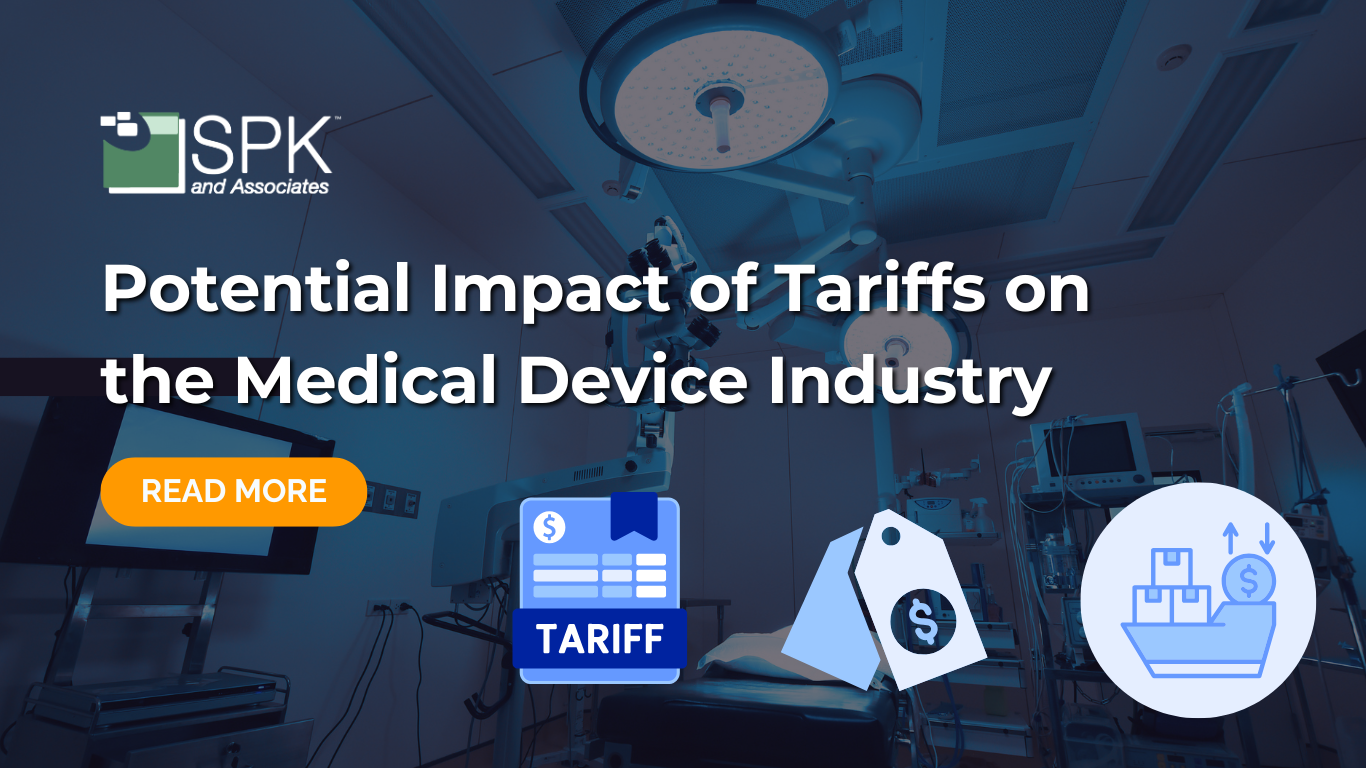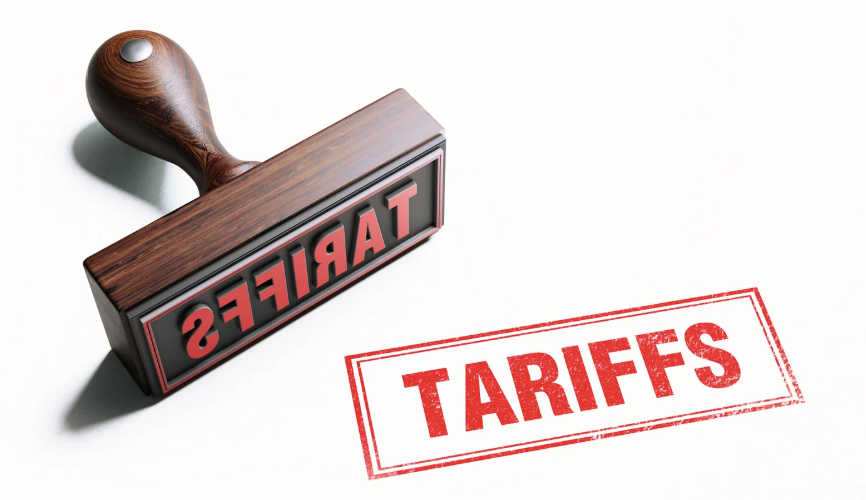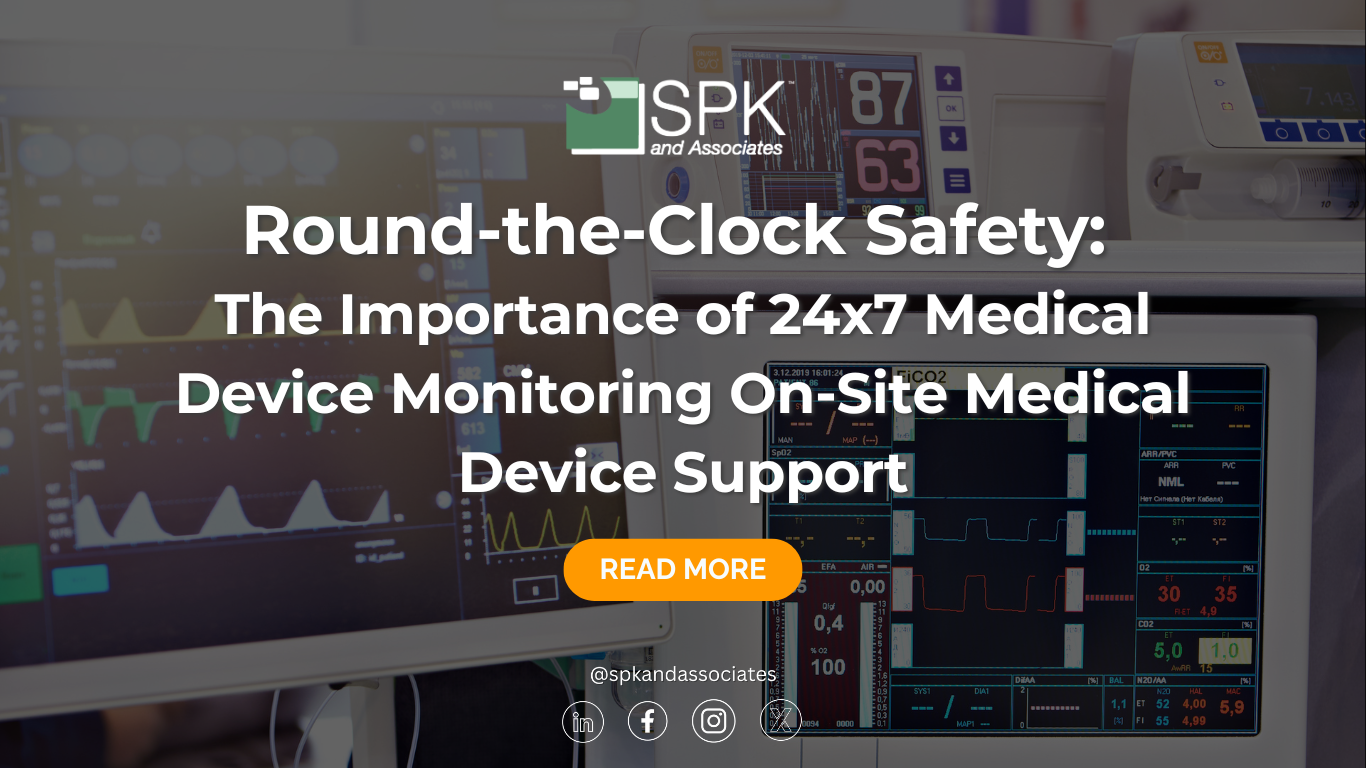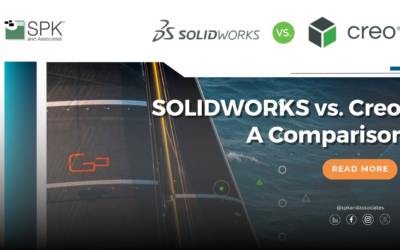As the medical device industry continues to innovate at breakneck speed, it now faces a new headwind: sweeping tariffs introduced in 2025 by the U.S. government and mirrored by key global trade partners. These changes are creating a ripple effect across the global supply chain. They have serious consequences for cost, compliance, innovation, and ultimately, patient care.
A New Era of Economic Pressure
The U.S. Trade Commission’s 2025 tariff policy has introduced steep new taxes on medical device imports. It applies a universal 10% tariff and raises rates up to 54% for products from China. Finished devices and critical components, such as surgical instruments, diagnostic equipment, imaging systems, and disposables, are all affected. Pharmaceuticals, notably, remain largely exempt.
These tariffs disrupt the finely tuned global MedTech supply chain. Over 40% of medical devices sold in the U.S. are imported. Even “American-made” products often rely on 50–80% foreign components. Major trade partners, including Mexico, Germany, Ireland, and China, now face barriers that could push up costs and complicate compliance for U.S. manufacturers.
Cost Increases That Can’t Be Ignored
Industry leaders have not been spared. Companies like Johnson & Johnson, Danaher, Abbott, and Intuitive Surgical have each projected hundreds of millions of dollars in tariff-related costs for 2025. These expenses are hitting their MedTech divisions especially hard. With pricing increases often constrained by contracts and regulatory pressure, many firms are instead pursuing strategies like restructuring supply chains, rebalancing production, or cutting costs elsewhere. Still, the added financial burden is significant. Capital devices like surgical robots could see per-unit cost hikes of $2,000–$8,000.
Global Impact of Medical Tariffs
The effects of these tariffs aren’t confined to the United States. European companies like Siemens Healthineers, Philips, and Smith & Nephew are also projecting significant income hits. Meanwhile, Europe’s own retaliatory tariffs on U.S. medical devices loom, adding further uncertainty.
The MedTech Europe association has strongly advocated for excluding medical technologies from all tariff policies. Their message is clear: “These are not just goods—they are life-saving solutions.” Tariff barriers, they argue, threaten to delay urgent care, limit innovation, and strain already burdened healthcare systems.
Strategic Responses: Diversify, Delay, or Balance
Faced with this economic uncertainty, MedTech companies are choosing one of three paths:
- Diversify: Companies like Abbott and Johnson & Johnson are investing heavily in U.S. manufacturing to reduce foreign dependency and gain local resilience.
- Delay: Others, like GE HealthCare and Stryker, are adopting a “wait-and-see” approach—absorbing costs while delaying major structural changes.
- Balance: Firms like Medtronic are using a more flexible strategy, maintaining global operations but staying ready to shift based on future trade policy changes.
Medical Tariffs as a Catalyst for Digital Transformation
Despite the challenges, this new pressure may push the MedTech industry toward faster adoption of resilient digital systems. Technologies like Product Lifecycle Management (PLM) and Application Lifecycle Management (ALM) platforms—such as those implemented by SPK using PTC Windchill and Codebeamer—are becoming essential.
These tools help:
- Accelerate local production readiness by enabling plant-specific configurations and rapid adaptation.
- Ensure regulatory compliance even amid shifting suppliers and component changes.
- Reduce cycle times and rework through integrated design, manufacturing, and quality systems.
- Enable strategic traceability and collaboration across the entire product lifecycle.
Preparing for the Future of Tariffs
In this era of uncertainty, proactive planning is no longer optional. The most resilient MedTech companies will be those that can digitally transform, decentralize intelligently, and respond quickly to market changes without compromising on quality or safety. At SPK and Associates, we help medical device companies respond to disruption with flexible, connected systems. Whether it’s aligning ALM and PLM for compliance, integrating AI-driven development tools, or rearchitecting your product development for regional production, we’re here to help turn today’s tariff challenge into tomorrow’s competitive advantage. Need to adapt your MedTech strategy for 2025 and beyond? Contact SPK and Associates today to build a resilient, regulation-ready digital thread.










